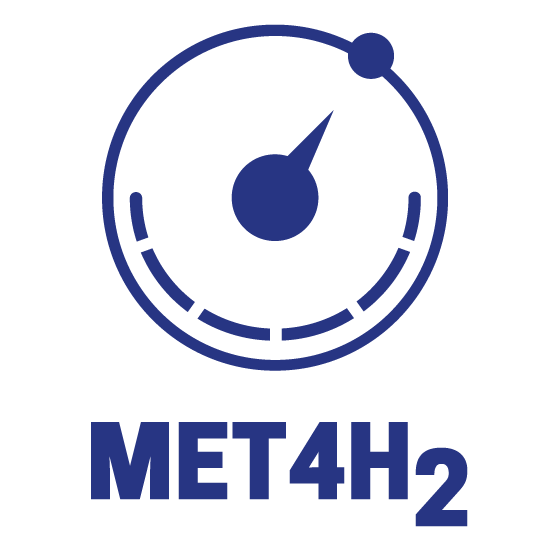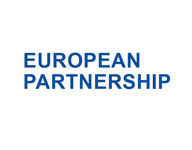Main Goals
The overall objective of the project is to further develop and integrate the metrology necessary to support the entire supply chain of hydrogen, from production to storage and end use.
Specific objectives are provided from 4 Work Packages (WPs)
work packages
- Supporting the hydrogen supply chain
WP1 develops, elaborate and improve the measurement infrastructure for the hydrogen supply chain supporting the health, safety and environmental (HSE) aspects of hydrogen production, transmission, distribution and storage. Activities include the development of measurement standards and methods for hydrogen leak measurement, material compatibility, sensor evaluation and testing, and odorization.
Coordinator: VSL
- Flow measurement
WP2 collects, collates and analyses data on flow measurements of hydrogen and gas mixtures containing hydrogen spanning the entire hydrogen supply chain, and to design a traceability strategy for large-scale hydrogen flow metering, to facilitate compliance with respect to e.g., OIML R137, OIML R140, and the Measurement Instruments Directive.
Coordinator: JV
- Hydrogen gas quality
WP3 develops the metrological tools to ensure reliable and traceable measurements necessary to apply appropriate quality control on hydrogen throughout the supply chain to support the transition into green hydrogen. Hydrogen gas quality is a critical parameter in an emerging supply chain with a large scope of applications (i.e., home boiler, industry heat, power to electricity, or transport).
Coordinator: NPL
- Measurement uncertainties in the totalization of quantity, energy and purity content
WP4 develops methodology for analysis of measurement uncertainty propagation within hydrogen supply chains, and to establish demonstration uncertainty budgets for selected hydrogen supply chain measurement stations. This is achieved by developing a dedicated framework, and through selected use cases. Improvements to existing uncertainty models, and possibly new uncertainty models, are implemented based on input from stakeholders, findings from other work packages, and findings from the use cases.
Coordinator: NORCE



